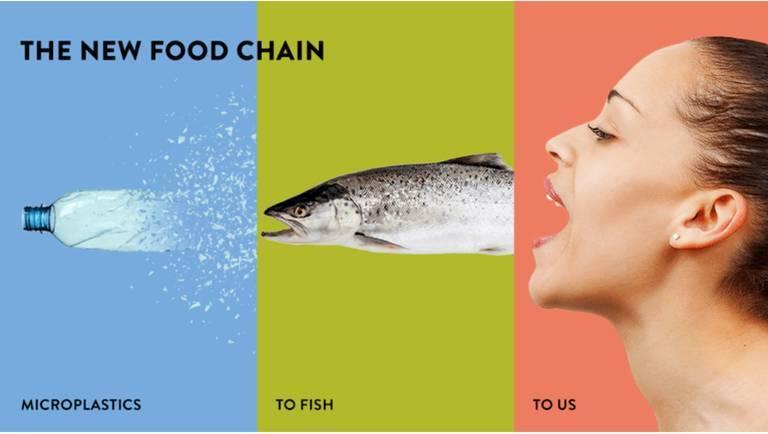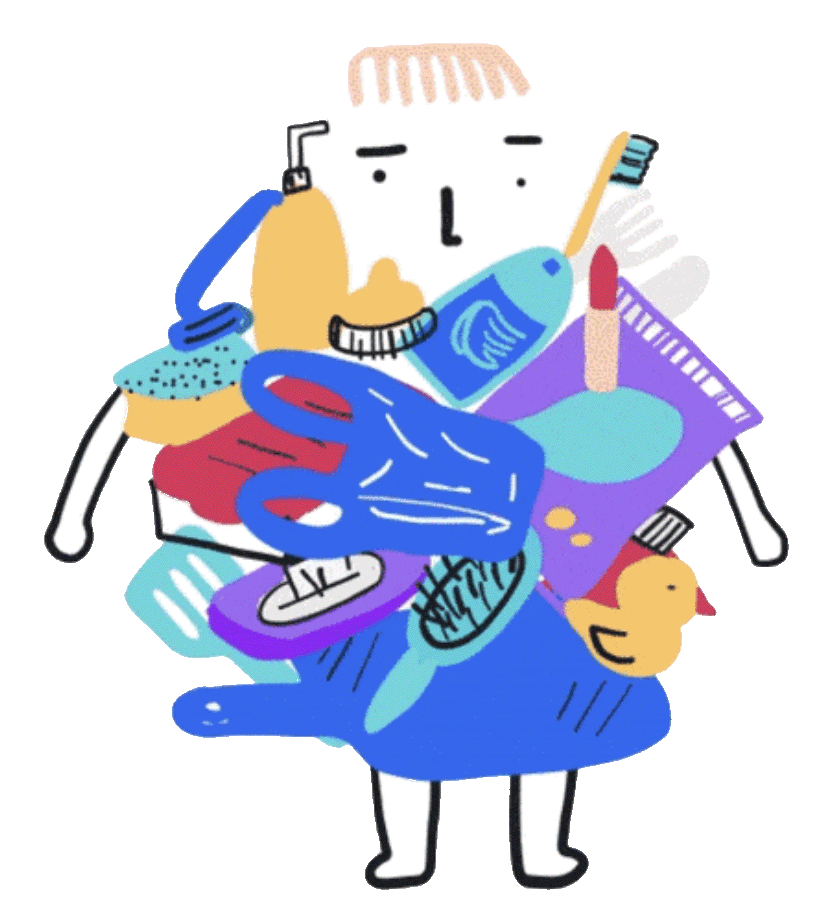Plastic protects the climate Biology Diagrams Therefore, it is not surprising that with the degree of plastic pollution of marine and freshwater resources, the first information about microbial association with microplastics soon appeared. Escalona Segura G., Gertsen H., Salánki T., van der Ploeg M., et al. Field evidence for transfer of plastic debris along a terrestrial food chain

In recent years plastic pollution in the ocean has become a significant environmental concern for governments, scientists, nongovernmental organizations, and members of the public worldwide. A December 2014 study derived from six years of research by the 5 Gyres Institute estimated that 5.25 trillion plastic particles weighing some 269,000 tons With plastic that moves through the food chain, the attached toxins can also move and accumulate in animal fat and tissue through a process called bio-accumulation. In addition, chemicals are often added to plastic during the production process, to give them some desired properties. These chemicals can in turn leak from the plastic, even when Microplastics are now in the land, sea and air, across the food chain and in the human body. Some experts think we're in the midst of a plastic health crisis. Nature and Biodiversity the problem of plastic pollution is far from resolved. According to UNEP, up to 23 million tonnes of plastic waste leaks into the world's water systems

Plastic contamination of the food chain: A threat to human health? Biology Diagrams
How many plastic bags might it have eaten, thinking they were yummy jellyfish? How Does Plastic Get Into the Food Chain? Studies show in 2021, an average of 8 million pieces of plastic will make their way into the ocean. An estimate of 381 million tonnes, and scientists predict it to double by 2034. Therefore, compared to water bodies, terrestrial ecosystems and soil are more sensitive to plastic pollution (Huang et al., 2022, Kamyab et al., 2023). These microplastics pollute soil and plants in human food chains, affecting physicochemical qualities such as soil pH levels, accumulation, density of bulk, and capacity for holding water, In conclusion, humans are frequently exposed to microplastics in food chain, which is considered the most significant among multiple environmental sources. The effect of plastic pollution in the world is a growing concern due to hundreds of thousands of years of durability of plastics in the environment.

On that note, plastic pollution in marine ecosystems can also have an impact on human life. Starting with food safety: Microplastics can enter the human food chain through seafood consumption.The long-term health effects of ingesting microplastics are still being studied, but there are concerns about potential toxicity and other health risks.
